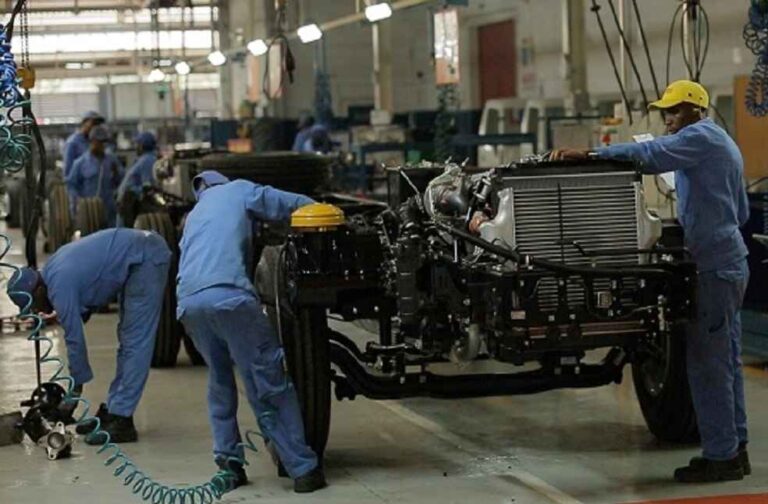South Africa has secured firm investment commitments from leading Chinese and Indian automakers to upgrade their semi-knocked-down (SKD) vehicle assembly operations into full-scale manufacturing plants, Trade Minister Parks Tau announced on Thursday at the annual automotive industry conference.
The commitments mark a major boost for the country’s automotive sector, which has long dominated production on the African continent but now faces serious threats from declining output, mounting import competition, tariff uncertainties, and the costly transition to electric vehicles.
Tau confirmed that after recent high-level engagements with stakeholders in China and India, companies with existing SKD operations in South Africa have agreed to transition to complete knocked down (CKD) manufacturing. This move will require greater technical capacity, higher local content, and expanded employment opportunities compared with SKD assembly, which involves only final-stage vehicle assembly.

Among the investors is China’s BAIC, which assembles the Beijing X55 in Gqeberha and will now expand its facility to full CKD operations. India’s Mahindra & Mahindra, which assembles pick-up trucks in Durban, has also advanced plans, supported by a feasibility study with the Industrial Development Corporation, to establish a full-scale production plant in South Africa.
Tau stressed that government support would be comprehensive, ranging from financial incentives under the Automotive Production and Development Program to regulatory assistance, skills training, and supplier development. He said the objective is to reinforce South Africa as a continental manufacturing hub.
Industry leaders, however, warned of mounting risks. Toyota South Africa’s CEO, Andrew Kirby, noted CKD vehicles’ market share had fallen from 56% to 33% over the past 19 years, raising alarm over increasing dependence on imports. Ford Africa President Neale Hill cautioned that South Africa risks losing its historic leadership to Morocco, which has aggressively attracted global carmakers with modern infrastructure and competitive incentives.

South Africa’s sector also faces challenges from subdued domestic demand, cheaper Chinese imports, global tariff shifts, the costly transition to electric vehicles, and local skills shortages. Executives stressed that decisive action is needed to avoid de-industrialisation and safeguard thousands of jobs connected to vehicle manufacturing and its supplier ecosystem.
Despite these pressures, Tau reiterated South Africa’s ambition to become the primary automotive hub for Africa, leveraging its established manufacturers such as Toyota, Ford, Volkswagen, BMW, Mercedes-Benz, and Isuzu. He said the transition to full-scale CKD production would create more value, strengthen industrial resilience, and ensure South Africa remains a global player in the industry.
GENERAL | Forvia Plans Rs 1,000 Crore Push to Boost India Revenue





